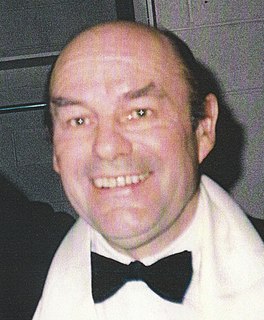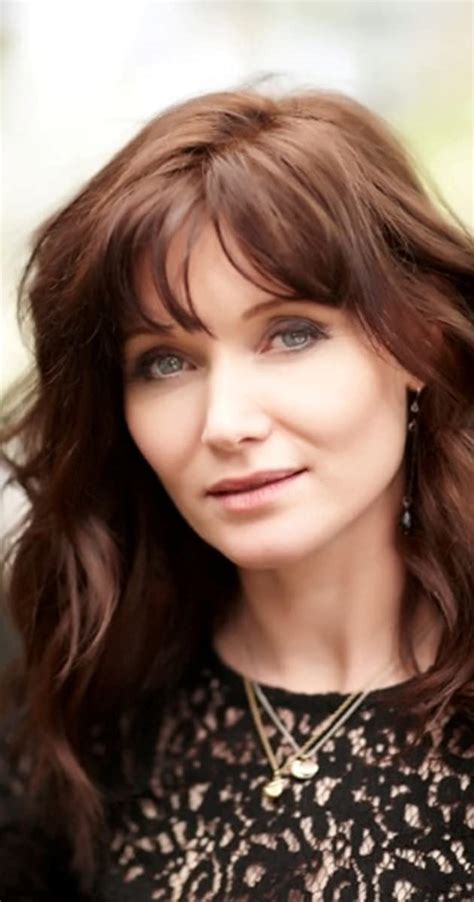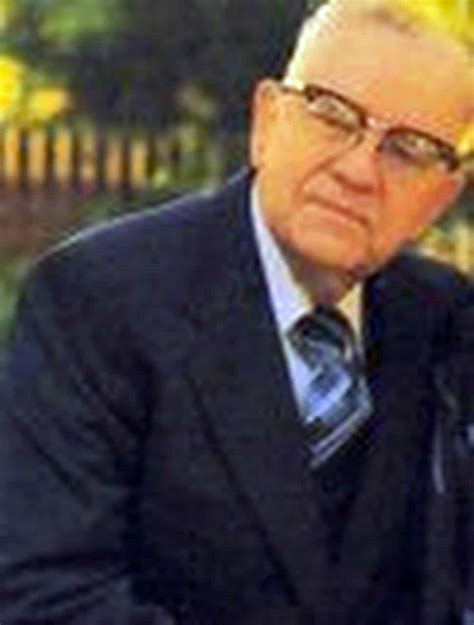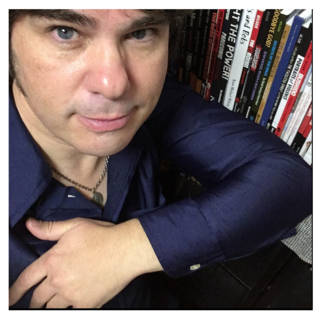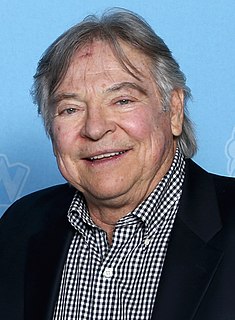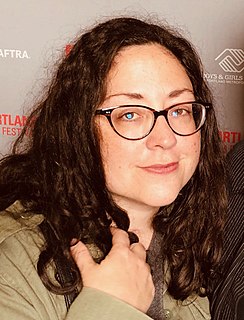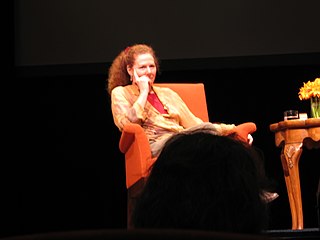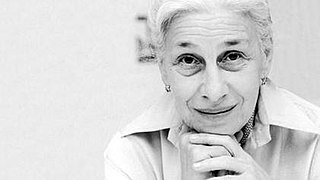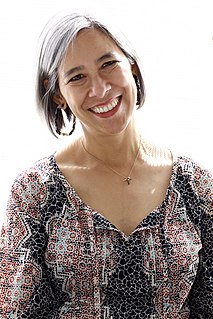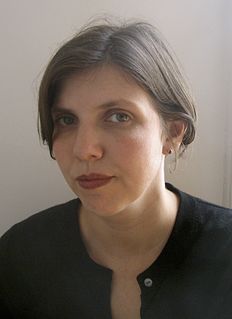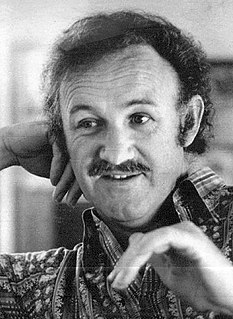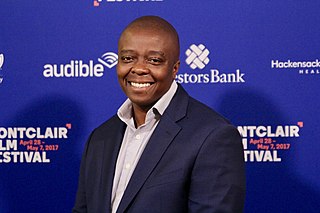Top 1200 Modern Novel Quotes & Sayings - Page 7
Explore popular Modern Novel quotes.
Last updated on December 12, 2024.
I'm not entirely sure what a historical novel absolutely has to be, but you don't want a reader who loves a very traditional historical novel to go in with the expectation that this is going to deliver the same kind of reading experience. I think what's contemporary about my book has something to do with how condensed things are.
It is often said that in today's modern and postmodern world that the forces of darkness are upon us. But I think not; in the Dark and the Deep there are truths that can always heal. It is not the forces of darkness but of shallowness that everywhere threaten the true, and the good, and the beautiful, and that ironically announce themselves as deep and profound. It is an exuberant and fearess shallowness that everywhere is the modern danger, the modern threat, and that everywhere nonetheless calls to us as savior.
We're a culture that's obsessed with people who make and who squander ridiculous amounts of wealth, which seemed an obsession well worth interrogating in a novel. That probably accounts for what some have called the book's "sweeping" feel, but I don't know that I set out to be cinematic. I wouldn't know how to do that in a novel, specifically.
Someone has described the modern American as a person who drives a bank financed car over a bond financed highway on credit card gas to open a charge account at a department store so he can fill his savings and loan financed home with installment purchased furniture. may this also be a description of many modern professed Christians? And may this not be one reason why modern Christians have so little time to pray? Importunity combined with perfect faith in unconquerable!
Israel is a fulfilled dream. Nothing that exists here existed here a hundred years ago. "The State of the Jews" was not a title of a country. It was a title of a futuristic novel. A little more than a hundred years ago, "Tel Aviv" was not a city. It was a title of another novel written by the same author. The "Return to Zion" was a name of another novel. There was a bookshelf. There was no state. There was no nation. All you can see, if you look through the window - everything you see is a fulfillment of dreams, different dreams.
Often one finds surprises in a novel, but it is rare to find a novel that is a surprise. Richard Melo's 'Happy Talk' is just that. It is like a collision of William Gaddis, M*A*S*H and The Beguiled. It is a Haiti I could never have imagined and will not soon forget. These nurses are crazy and I wish I knew them.
The age of the book is not over. No way... But maybe the age of some books is over. People say to me sometimes 'Steve, are you ever going to write a straight novel, a serious novel' and by that they mean a novel about college professors who are having impotence problems or something like that. And I have to say those things just don't interest me. Why? I don't know. But it took me about twenty years to get over that question, and not be kind of ashamed about what I do, of the books I write.
While I was drawn to the Renaissance, my first (unpublished) novels took place in modern times. When the subject of alchemy started creeping into my stories, an astute mentor observed that the bits about alchemy might fit better in another time frame. When I finally decided to weave the pieces about the medieval science into historical settings, a successful novel began to emerge. (And I dusted off that art history book, and put it to use once again.)
Many writers will get a contract by selling chapters and outlines or something like that. I wrote the entire novel, and when it was all finished, I would give it to my agent and say, 'Well, here's a novel; sell it if you can.' And they would do that, and it was good because I never had anyone looking over my shoulder.
The field of the novel is very rich. If you're a composer, you're well aware of the history of composition, and you are trying to make your music part of that history. You're not ahistorical. In the same way, I think, if you write now, you are writing in the historical context of what the novel has been and what possibilities it has revealed.
The modern artist is living in a mechanical age and we have a mechanical means of representing objects in nature such as the camera and photograph. The modern artist, it seems to me, is working and expressing an inner world - in other words - expressing the energy , the motion and the other inner forces ... the modern artist is working with space and time , and expressing his feelings rather than illustrating.








